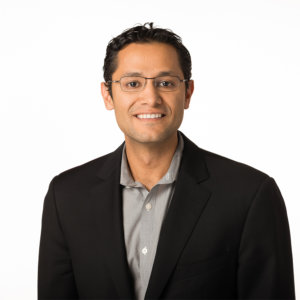A Process of Continuous Innovation: Centralizing Analytics at Caesars
Caesars Entertainment’s analytics organization wasn’t formed for incremental gain, according to chief analytics officer Ruben Sigala; the expectations — and deliverables — are much bigger than that.
Topics
Competing With Data & Analytics
With a MIT-trained economist and former Harvard Business School professor at the helm, Caesars Entertainment has become the poster child for how analytics can work successfully in the enterprise. CEO Gary Loveman is vocal — and frank — about his organization’s reliance on analytics to guide business strategy, operations and innovation.
But even Caesars has had to readjust at times.
With more than 70,000 employees and casino resorts on four continents — the company primarily operates under the Harrah’s, Caesars and Horseshoe brands, in addition to owning the London Clubs casinos and the World Series of Poker — Caesars has built its reputation on knowing its customer base. It builds this knowledge by using analytics to create a rich customer experience, marketing to customers based not only on their preferences but their actions while at a Caesars property, including whether they’ve had a winning day or a losing one.
Over the past several years, Caesars has undergone a reorganization, in part to centralize its analytics functions. The goal: to build a deeper understanding not only of customers, but also of operations — everything from food and beverage analytics to labor analytics. Ruben Sigala, chief analytics officer at Caesars, talks with MIT Sloan Management Review contributing editor Renee Boucher Ferguson about that process, some valuable lessons learned, and where innovation and intuition play a role.
Lets start with how it is that you’re using analytics throughout your organization.
Our organization is exclusively devoted to the use of analytics. We are the consolidated and centralized analytics department for the entire enterprise. We provide analytical support for every aspect of the operations in every jurisdiction. We’ve got a number of sub-units that effectively represent the most highly leveraged or complex areas of analytical support required across our operation, and a supporting work structure against each one of those.
We have gaming analytics, revenue management, finance, marketing analytics, hotel ops and labor. There is also a casino marketing analytics group, an advanced analytics group, and a data logistics organization. Finally, there’s also an on-property analytics team.
When you hire for each of these organizations within Caesars, do you look for specific skills within these areas, or do you train for those areas?
The short answer is yes to both.


Comments (3)
David Dunworth
Nate Granatir
Thomas Kaczmarek